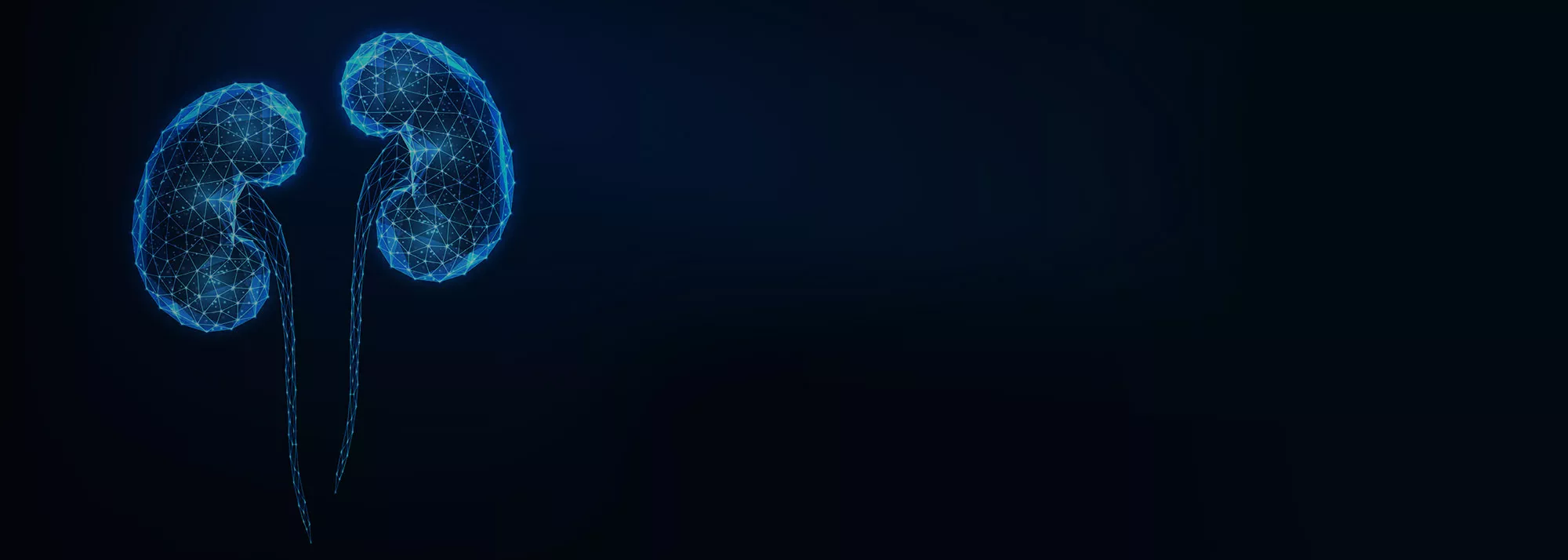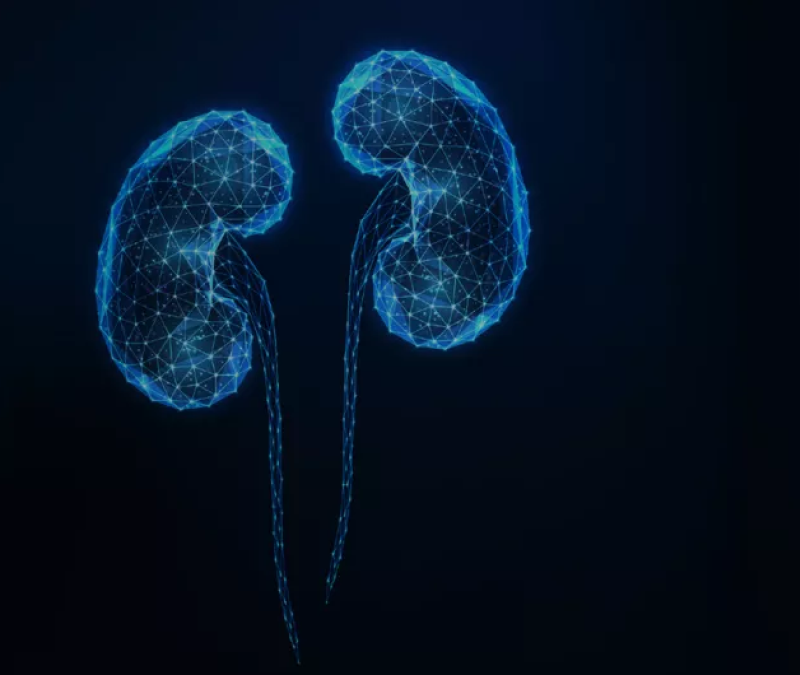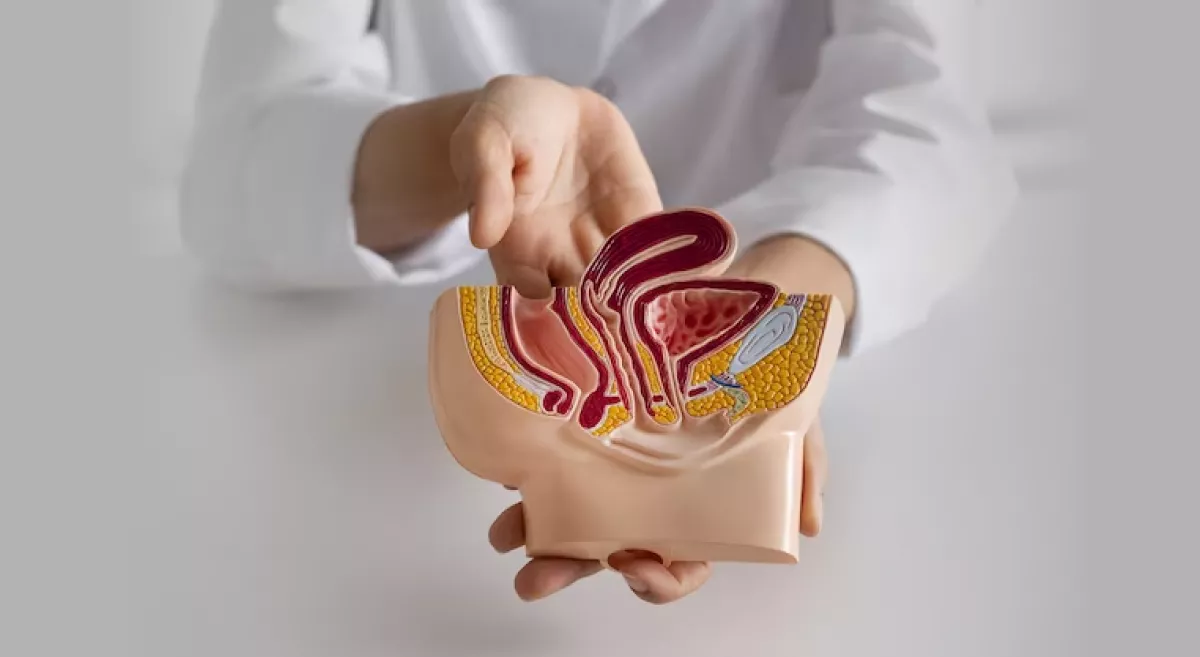The Urology department at Aster Prime Hospital deals with disorders involving the urinary tract and the male reproductive system. Various urological conditions such as cancers of the kidney, bladder and the prostate, kidney stones, chronic kidney failure (which warrant kidney transplantation), male infertility, erectile dysfunction, congenital urinary tract defects and urological problems in children can be treated at the facility.
Our dedicated urology team consists of consultant urologists, andrologists, and transplant specialists with the support of skilled nursing staff to provide optimal and personalized treatments for all our patients. The consultants have over 20+ years of experience and are experts in carrying out minimally invasive and endourological procedures, open urological reconstructive surgeries, microsurgeries for male infertility and renal transplantation.
Our Doctors
We have some of the best specialists from around the world, they bring years of experience and offer evidence-based treatment to ensure the best care for you.
Advanced Technology & Facilities
Well equipped with the latest medical equipment, modern technology & infrastructure, Aster Hospital is one of the best hospitals in India.
- Cystoscopy
- Ureteroscopy
- Focussed ultrasonography
- TRUS
- CT scan
Blogs
The source of trustworthy health and medical information. Through this section, we provide research-based health information, and all that is happening in Aster Hospital.







